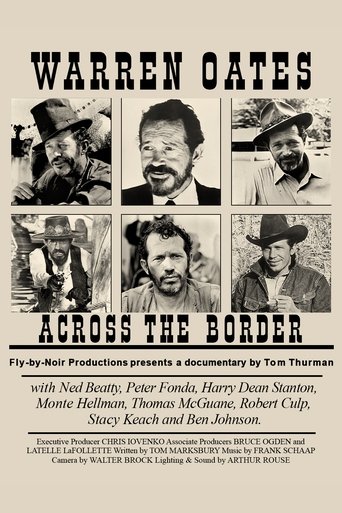
10 Nov 1993

Warren Oates: Across the Border
A retrospective of the work of the late actor Warren Oates, with clips from his films and interviews with cast and crew members who worked with him.
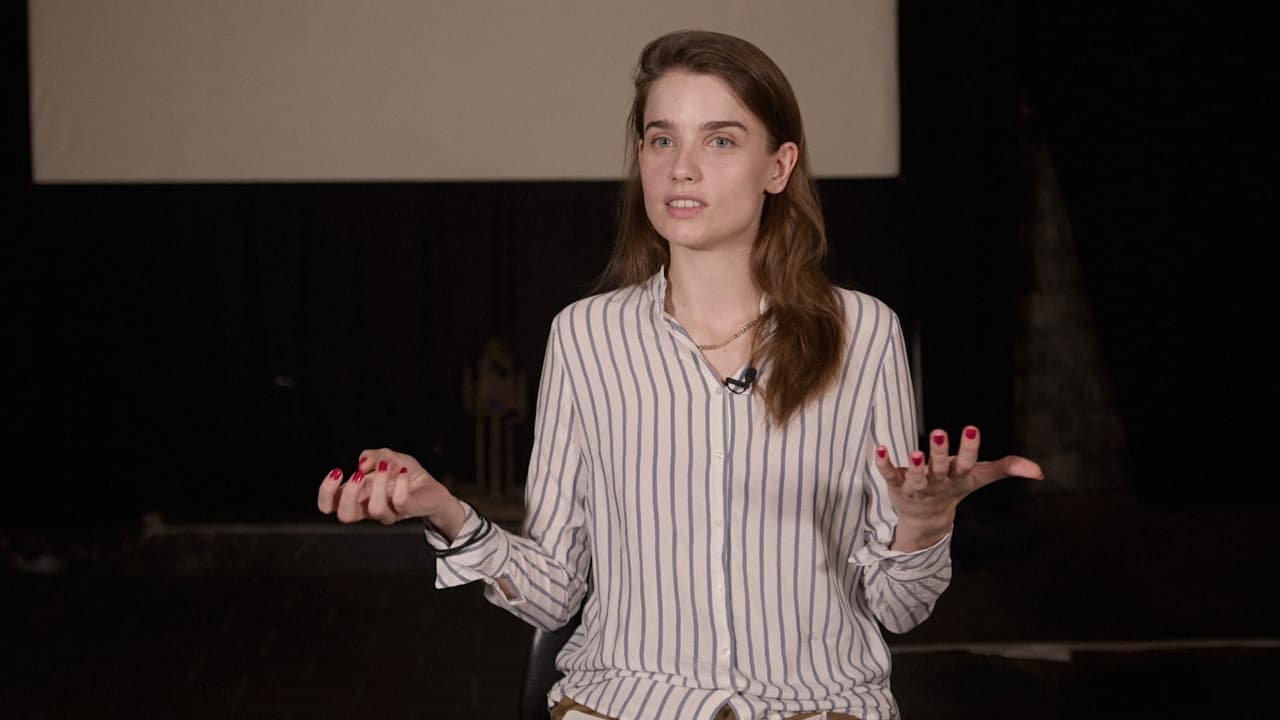
An analysis of Quentin Dupieux's film "Incredible But True" by film critic Elena Lazic.

Self – Film Critic

10 Nov 1993

A retrospective of the work of the late actor Warren Oates, with clips from his films and interviews with cast and crew members who worked with him.
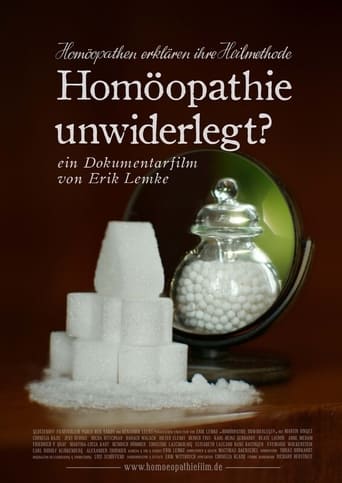
29 Jul 2021

Despite the homeopathic doctors studying medicine, they treat their patients against the basis of scientific knowledge. Allegations of fraud surround the topic. In the film, homeopaths embark on adventurous explanations of their popular belief system.
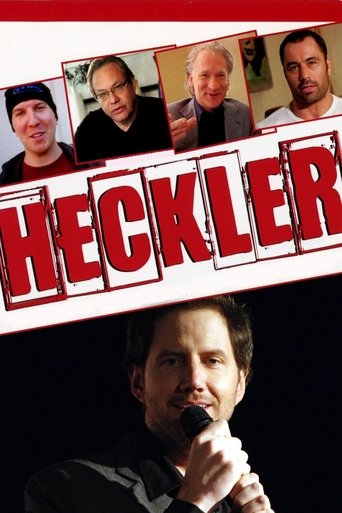
04 Nov 2007

HECKLER is a comedic feature documentary exploring the increasingly critical world we live in. After starring in a film that was critically bashed, Jamie Kennedy takes on hecklers and critics and ask some interesting questions of people such as George Lucas, Bill Maher, Mike Ditka, Rob Zombie, Howie Mandel and many more. This fast moving, hilarious documentary pulls no punches as you see an uncensored look at just how nasty and mean the fight is between those in the spotlight and those in the dark.
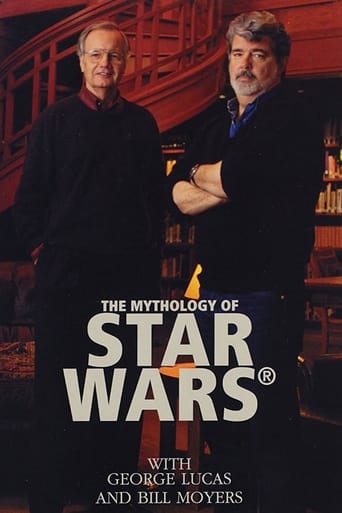
01 Jan 1999

George Lucas discusses how Joseph Campbell and his concept of the Monomyth (aka the Hero's Journey) and other concepts from mythology and religion shaped the Star Wars saga.

01 Aug 2004

This 17-minute documentary is featured on the 3-Disc Criterion Collection DVD of The Battle of Algiers (1966), released in 2004. An in-depth look at the Battle of Algiers through the eyes of five established and accomplished filmmakers; Spike Lee, Steven Soderbergh, Oliver Stone, Julian Schnabel and Mira Nair. They discuss how the shots, cinematography, set design, sound and editing directly influenced their own work and how the film's sequences look incredibly realistic, despite the claim that everything in the film was staged .
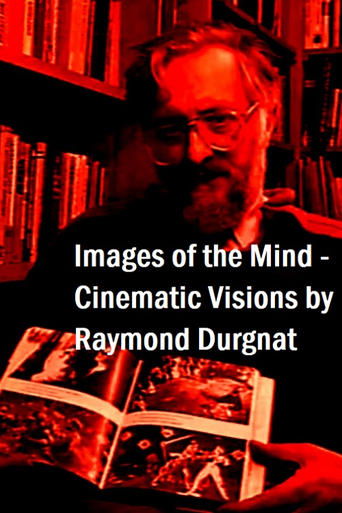
01 Jan 1992

An introduction to the great film critic Raymond Durgnat's appreciation of the nature of cinema.
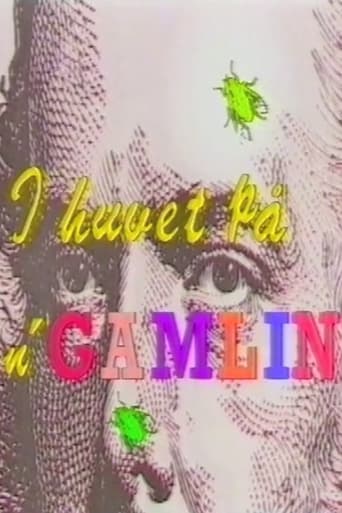
23 Jun 1990

Documentary about the Swedish humorist, film maker and artist Yngve Gamlin
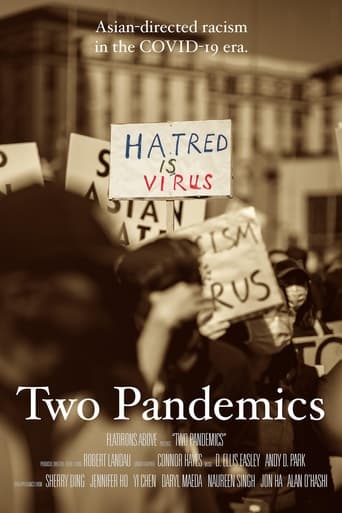
12 Nov 2021

Seven Asian-Americans discuss their experiences with racism and the spike in Asian-directed hate crimes as a result of COVID-19.
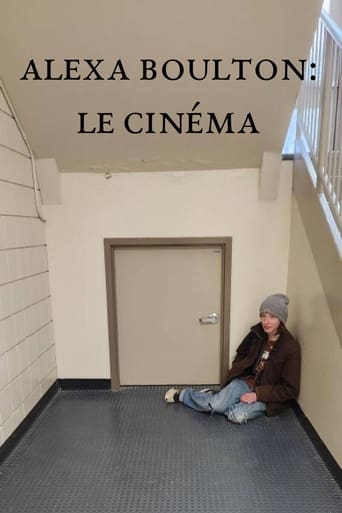
20 Jan 2023

Alexa Boulton interviews the students and teachers of Kelvin High School to uncover the possibilities for the future of cinema
06 Feb 2015
An analysis of the critical themes in Dario Argento's 70s Giallo "Deep Red".
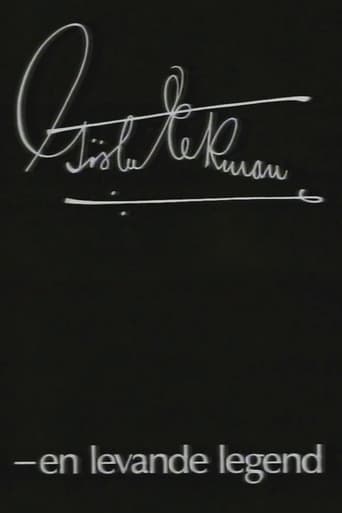
07 Jan 1987

Documentary about the Swedish actor Gösta Ekman (1890-1938) with interviews with friends and colleagues.
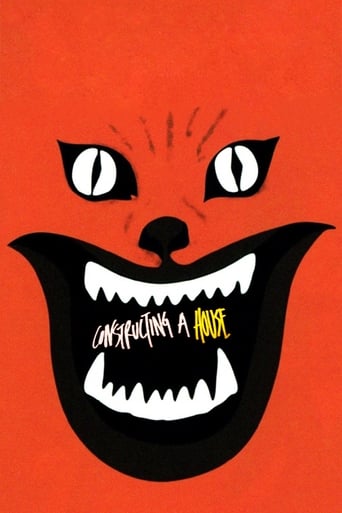
26 Oct 2010

Interview-based documentary looking back on the making and reception of Nobuhiko Ōbayashi's 1977 film House.
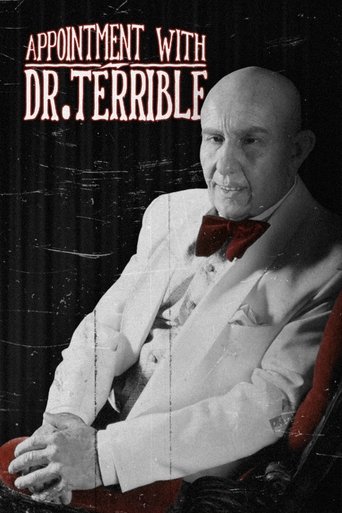
04 Aug 2003

A behind-the-scenes documentary on the making of "Dr. Terrible's House of Horrible" featuring Steve Coogan.
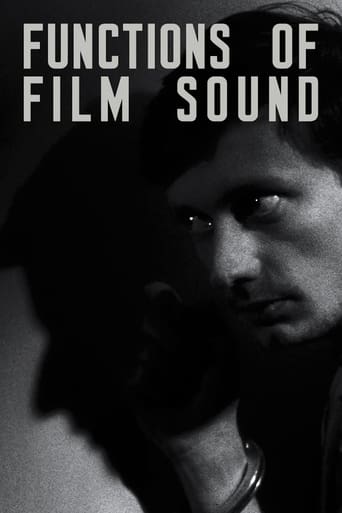
26 Mar 2013

This visual essay sets clips from Robert Bresson's "A Man Escaped" to a reading of "Functions of Film Sound," a chapter from David Bordwell and Kristin Thompson's book "Film Art." The chapter analyzes the sound design of Bresson's masterpiece as a means of discussing the use of sound in film.

11 May 2024

This documentary film is a portrait of a film critic as seen by a filmmaker. While contemporary cinema manipulates reality by hiding itself, this experiment manifests the opposite in an explicit and evident way. The film critic has been asked to travel to the city of Bergamo to participate in a 70-minute film experiment: savoring 2 kg of oysters and drinking 2 bottles of wine, while simultaneously answering 15 general knowledge questions and 15 solicitations of a private and personal nature. The outcome is a ruinous game in which the meaning of filming and the fragility of a human being merge into a melancholic testament.
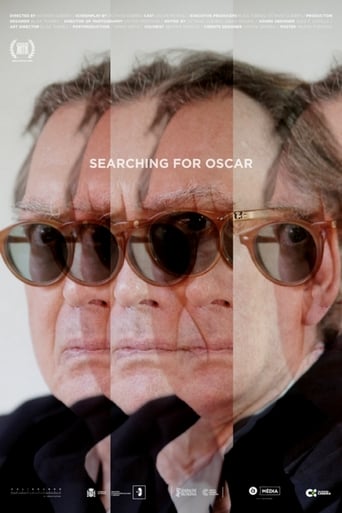
29 Mar 2019

Óscar Peyrou is a veteran Spanish film critic who writes his reviews according to a very peculiar method: in his opinion, it is not really necessary to watch the films since it is possible to judge them simply by looking at their promotional poster.
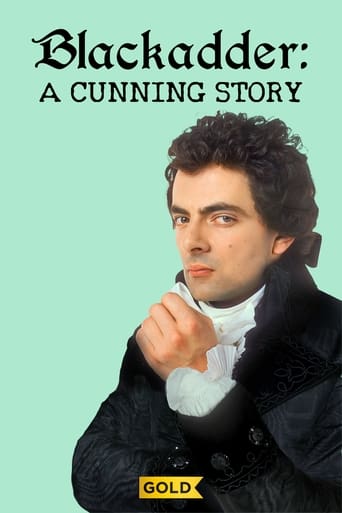
16 Jun 2023

A look back at the making of the entire Blackadder series to commemorate its 40th anniversary, featuring contributions from Blackadder's biggest fans including Jack Whitehall, Darren Harriott, Sarah Hadland, Ardal O'Hanlon and Nina Wadia.
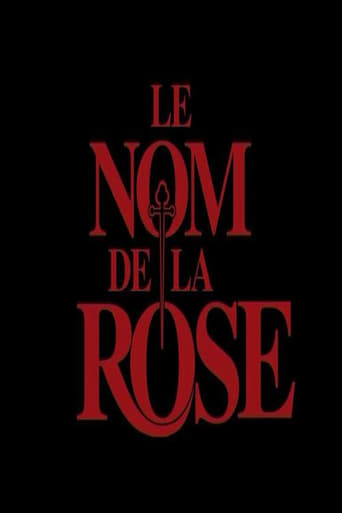
16 Jun 2004

A documentary on the genesis, writing, shooting and analysis of the film "The Name of the Rose".
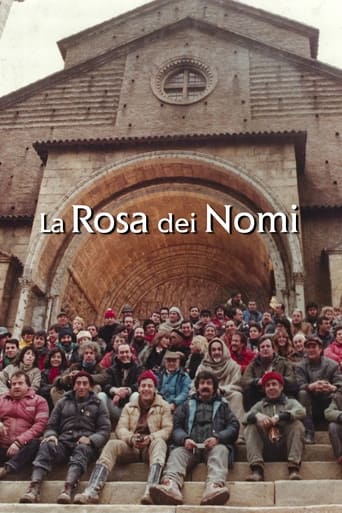
01 Jan 1987

No overview found

10 Oct 2012

Umberto Eco, the author of best-selling novels who passed away in February 2016, unveils the secrets behind his undertakings and novels.